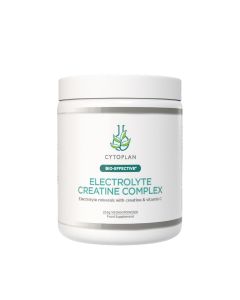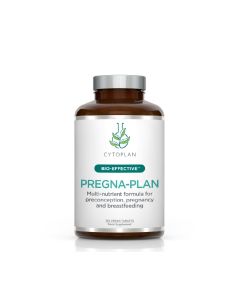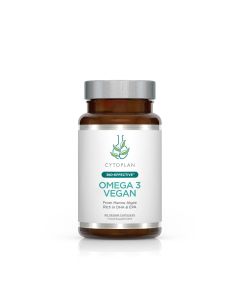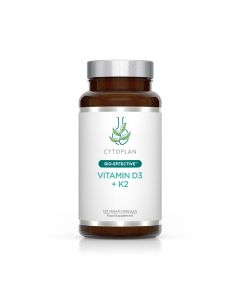How can I support post-natal recovery?
In my previous “Ask the Expert” I have discussed the importance of adequate nutrition when breastfeeding, not only to nourish your baby but also to ensure your nutrient stores are replenished to support your own health and wellbeing. As such, a comprehensive prenatal supplement, or other suitable multivitamin and mineral formula, taken alongside a varied, nutrient-dense diet is recommended throughout breastfeeding.
If you don’t breastfeed, it is still equally as important to ensure an excellent supply of nutrients through diet and/or supplements to help support your own recovery following the birth and to replenish the nutrients that will have been used up rapidly during your pregnancy and birth, including folate, iron, selenium, calcium and Vitamin D. A comprehensive multivitamin and mineral will help to provide balanced levels of the important nutrients.
Your diet should include predominantly wholefoods – plenty of fresh fruit, vegetables, wholegrains and good quality protein (eggs, meat and fish, nuts/seeds, beans, pulses and full-fat dairy). Protein is particularly important to support your healing following stitches or surgery. Include around 3-4 portions of healthy fats per day. This could include a tablespoon of ground seeds or nuts, a portion of oily fish or half an avocado. Meanwhile, try to avoid added sugar and processed white carbohydrates (white bread, rice, pasta etc.). This will ensure balanced blood glucose levels, which will help to support hormonal balance as well as energy levels and mood. Also try to eat a wide variety of vegetables, of different colours over the week, which will provide a range of vitamins and minerals, help to support healthy digestion as well as having anti-inflammatory and antioxidant properties.
Having a baby is a time of huge change and it is common to feel a range of different emotions following the birth. Fluctuating hormones, and new routines combined with sleepless nights can often feel overwhelming, and over half of new mothers will experience the “Baby Blues”, which normally starts 3-4 days after the birth and can leave you feeling irritable, low, anxious and weepy. There are, however, steps you can take to support healthy mood naturally.
Maternal stores of the Omega 3 fatty acid DHA can reduce by 50% during pregnancy and may not return to pre-pregnancy levels until 6 months after the birth – and it is thought that a deficiency in DHA can contribute to low mood after birth. While oily fish offer a dietary source of Omega 3s, with the concern of contamination with heavy metals and pollutants, a DHA rich supplement could be very supportive for your mood after giving birth.
Getting a good level of Vitamin D is also very important to support healthy mood balance, as a deficiency may cause alterations to neurotransmitters that are known to be involved in low mood. If you are breastfeeding, you can safely take up to 4000IU of Vitamin D, preferably as Vitamin D3, the most bioavailable form. In the summer months (April-September) here in the UK, we are able to make a sufficient level of Vitamin D from 13 minutes of midday sunlight exposure, 3 times a week – so do try to get outside when you can.
If you find you are feeling low for longer than two weeks, you may have postnatal depression and should always speak to your doctor to talk about possible treatment options.









